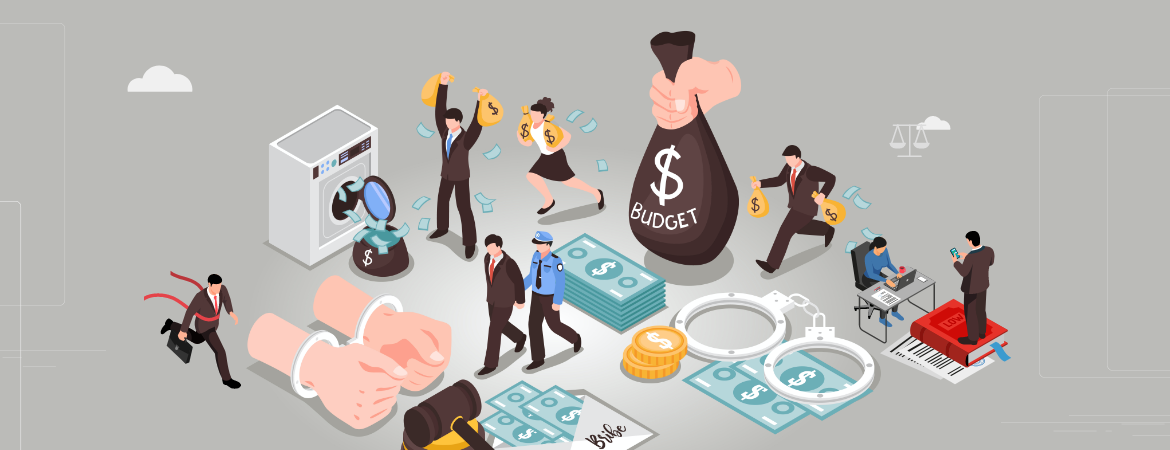- Email: info@lawyerseba.com
- Hotline: +8801972770280
- bKash Number: +8801972770280
Criminal litigation and defense are integral components of the legal system that revolve around the investigation, prosecution, and defense of individuals accused of committing criminal offenses. This process involves several stages, including arrest, charging, trial, and potential appeals. Criminal defense attorneys play a vital role in upholding the rights of the accused and ensuring that the justice system operates fairly and within the boundaries of the law.
Here are key aspects of criminal litigation and defense:
-
Arrest and Charging: Criminal litigation typically begins with the arrest of an individual suspected of committing a crime. Law enforcement authorities gather evidence, interview witnesses, and present their findings to a prosecutor. If the prosecutor believes there is sufficient evidence to support charges, they file a formal criminal complaint. The accused is then informed of the charges against them and is entitled to legal representation.
-
Pretrial Proceedings: Before a criminal trial begins, there are various pretrial proceedings. This includes bail hearings, where a judge determines whether the accused should be released from custody pending trial, and arraignment, where the accused enters a plea (typically guilty, not guilty, or no contest).
-
Criminal Defense Attorneys: Defendants have the right to legal representation. Criminal defense attorneys are responsible for protecting their clients' rights, examining the evidence against them, and building a defense strategy. They may challenge evidence, question witnesses, negotiate plea deals, and present arguments in court.
-
Trial: If a case goes to trial, it involves the presentation of evidence and arguments by both the prosecution and the defense. The judge or jury (depending on the type of trial) evaluates the evidence, assesses witness credibility, and ultimately reaches a verdict. Criminal trials are governed by strict rules of procedure and evidence to ensure a fair and just process.
-
Sentencing: If the accused is found guilty, a separate sentencing hearing or phase occurs, during which the judge determines the appropriate punishment. This may involve imprisonment, fines, probation, or other penalties, depending on the nature and severity of the crime.
-
Appeals: Following a conviction, the accused may have the option to appeal the verdict or sentence. Appellate attorneys specialize in challenging legal errors or violations of the defendant's rights that may have occurred during the trial.
-
Constitutional Rights: Criminal defense attorneys work to protect their clients' constitutional rights, including the right to remain silent, the right to legal representation, and protection against self-incrimination. They also ensure that evidence is obtained lawfully and that the accused is treated fairly.
-
Types of Cases: Criminal litigation covers a wide range of offenses, from minor misdemeanors to serious felonies. Common cases include theft, assault, drug offenses, white-collar crimes, domestic violence, and homicide. Each type of case may involve unique legal strategies and considerations.
-
Plea Bargaining: Many criminal cases are resolved through plea bargains, where the prosecution and defense negotiate an agreement that results in a guilty plea with reduced charges or a lesser sentence. Plea bargains help reduce the caseload of courts and provide defendants with more predictable outcomes.
We advise. We represent. We defend.
Our expert litigation team is successfully providing Litigation support to our respected client for more than 8 years. We responsibly stand for defending a person who is charged with criminal offence. Highly keeping confidentiality, transparency, giving proper guidance to the accused and strongly defending and conducting the case is our special concern.

